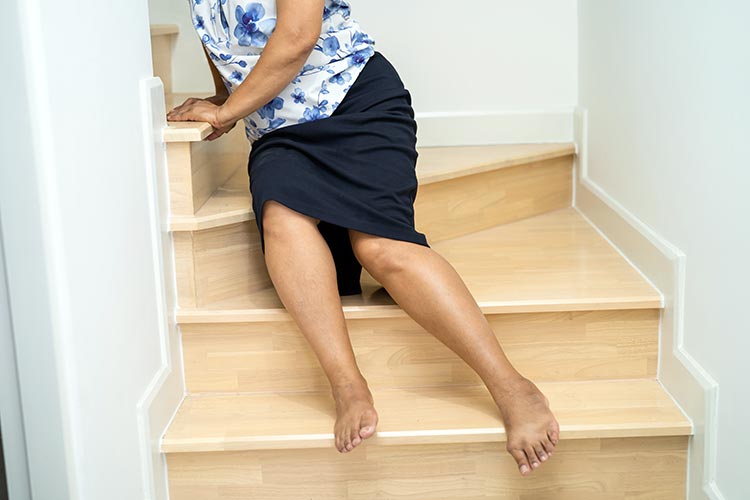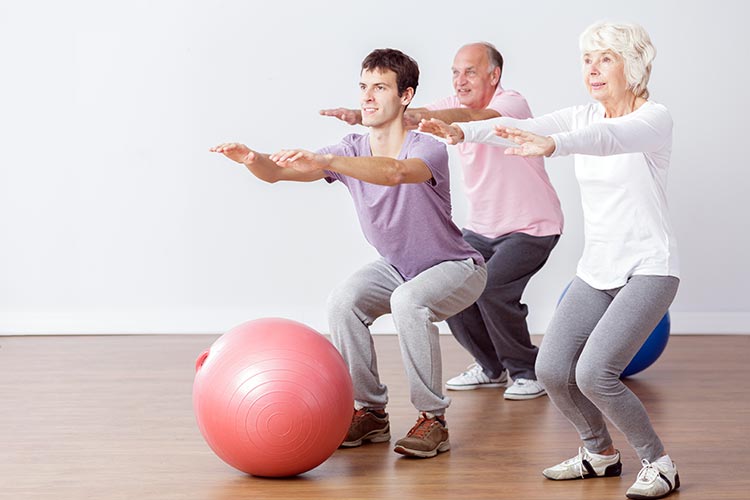
Blog and News Updates
Welcome to Dr. Anderson's Blog. Check back often for new information, recipes and more!

One of the biggest risks for seniors is risk of falling. Hip fractures are a death sentence for many people. While this has been well known for many years, the mechanisms are not always clear as to why many people will not survive past 12 months after a hip fracture. The reasons are likely variable between other medical conditions, the extent of care they get after a fall at home or in a facility, and maybe even the will to improve. What is clear, however, is that many of the falls that are the cause of the fractures can be prevented!
What can you do? Improve bone health and your balance!
Make sure you have adequate intake of nutrients to form bone tissue! Calcium may not be enough!
To form bone you need potassium, phosphorus, protein, magnesium, vitamin D, vitamin A, and more. If you ask your doctor how to address bone health and they simply say “take calcium” but they don’t give you resources on doses of nutrients or any strengthening exercises to increase bone density in the hip area, you need to seriously consider seeing another doctor or physical therapist for this particular topic as well as a nutritionist or dietician.
You also need to do some sort of strengthening exercises for the muscles that attach to the hip bones in order to increase the rate of bone formation. This occurs when the muscles that are working, put stress on the bones as they pull on them. The body will attempt to lay down new bone tissue in order to strengthen the bone that is under stress.
Many people become more sedentary as they age and exercise less which will contribute to the bone loss. If the bones aren’t under regular stress, they will become less dense.
How about your balance?

Balance may be affected by many things, including ear or sinus issues or vertigo, blood pressure that can be too high or too low, dehydration and electrolyte imbalance, blood sugar control and simple poor sense of balance because of lack of movement.
If balance is an issue for you, you should be evaluated and all medical causes addressed. When all medical reasons are addressed you should also ask your doctor to refer you to a physical therapist so that you can learn focused exercises to help you improve your balance and reduce your risk of falling.